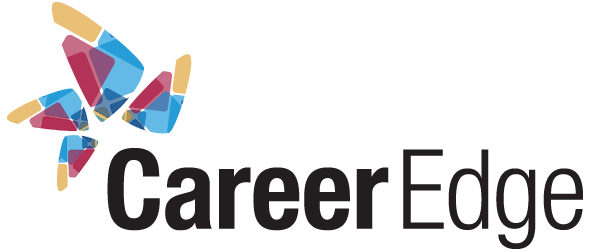Last week, The Globe & Mail published a guest essay written by Lauren Friese and Cassandra Jowett of TalentEgg titled “The six ways Generation Y will transform the workplace”. In the essay, Friese and Jowett outline – as the title suggests – six ways Gen Y/Millenials (those born between 1981 and 2000) will ultimately influence corporate Canada as they assume leadership positions upon the mass retirement of baby boomers.
With roughly 15 years left before the last of the baby boomers leave the workforce, it’s essential that Canada’s business community invest in developing Gen Y’s leadership skills now, before they can no longer benefit from the knowledge and experience of existing leaders.
Our own research has shown that Millenials are keen to become managers early on in their careers, but we’ve argued that they require the guidance and training of more experienced professionals before taking on management roles. Without a doubt, there will need to be a well-planned knowledge transfer from baby boomers to younger workers over the next decade, and we believe effective mentorship will play a significant role in facilitating this process.
But having great Gen X and baby boomer managers that impart their knowledge to Gen Y workers in the early stages of their careers is only half of the equation when it comes to developing the managers and leaders of tomorrow. Most of Gen Y will learn by doing.
We’ve written a lot about coaching and mentorship in the past because we truly believe that it:
a) Creates a supportive onboarding environment for new grads and internationally qualified professionals joining the Canadian workforce, and
b) Gives coaches the opportunity to acquire new people management skills.
And at Career Edge, we like to walk our talk.
Having become a coach last fall, I was thrilled to be given the chance to not only help our new intern, James, navigate his role and our organization’s corporate culture, but to also develop my own skills as a mentor. As a former intern myself, I know that a coach can be a tremendous resource to anyone new to the workplace.
But like anything in the working world, there’s a learning curve. Although James and I had a peer-to-intern versus a supervisor-to-intern coaching model, we were able to identify what worked and what didn’t as we accomplished various projects.
With this in mind, James and I thought we would share a few tips that we picked up from our coaching partnership to give other prospective interns and coaches the opportunity to learn from our experience.
Sydney’s tip to James:
“When I get caught up in my own projects, it’s hard for me to anticipate the challenges that James might encounter with his. I’m not a mind reader, so my tip to James would be to ask more questions if he encounters any roadblocks.”
James
What I learned:
“The learning curve is steeper than I anticipated. I learned that when you start any job, proactively putting in more time with your coach or manager at the beginning will set you up for success and ultimately pay off in the end.”
Next steps:
“I’m going to apply the fundamental skills that I’ve already learned to my upcoming projects and working more autonomously, while still taking advantage of Sydney’s support. I’ll not only accomplish my projects, but also work toward my career goals.”
James’ tip to Sydney:
“Coming in, I didn’t have much experience managing the majority of my projects through a dynamic web tool. Despite being given a brief crash course on website navigation, there were a lot of areas that were intimidating and that I didn’t fully understand right off the bat. It would be helpful to have a more hands-on and comprehensive orientation to a system that I would be using every day in my role.”
Sydney
What I learned:
“It’s possible to be too hands-off. Going into this coaching partnership, I wanted to make sure I wasn’t a “helicopter coach” or micromanager. But I learned that James needed more guidance in the initial stages of a project, after which he could take those instructions and run with it.”
Next steps:
“My goal going forward is to acknowledge the time commitment involved when outlining the requirements of a project with James. The more effort I put into making sure he has the resources he needs on the outset, the better the outcome.”
Do you have coaching tips you’d like to share? Let us know! Comment here or tweet us @CareerEdgeOrg.

